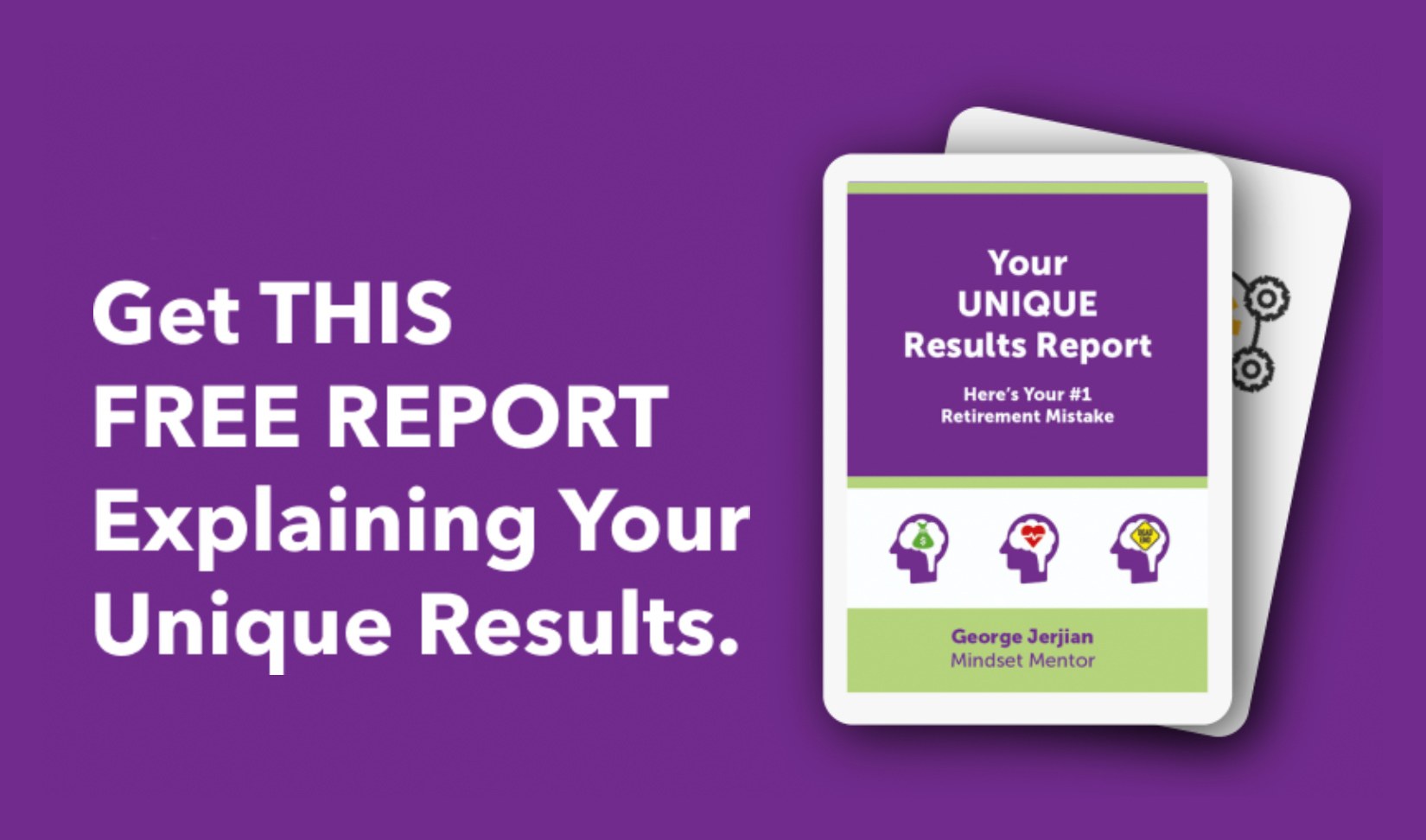Why uncertainty is good for you – especially in later life
Why uncertainty is good for you
We’ve all faced a lot more uncertainty than usual over the last year. And it’s no surprise that for many of us this feeling hasn’t been very welcome, that’s because uncertainty – feeling unsure about what’s happening next in your life – is generally seen as a negative emotion. But is it really negative? And if we ‘reframe’ it, can we not only make it more positive, but easier to deal with, especially post-COVID and post-retirement?
First, let’s consider what sort of areas of our lives we experience uncertainty in, particularly at retirement age. Certainly, and most obviously, are our financial affairs, as the income tap stops running and we have more time on our hands to create worries.

We may also experience uncertainty about our relationships, as the dynamic in our interactions with spouses, family and friends evolves, and we experience a loss of power, which is a painful process. And, as our work routine comes to an end, we often don’t know what our new role or identity is. These uncertainties play havoc with our minds and our lives.
Why are we ‘programmed’ to reject uncertainty and go for certainty instead?
“Although our intellect always longs for clarity and certainty,” wrote Prussian general and military strategist, Carl von Clausewitz, “our nature often finds uncertainty fascinating.”
This is so true. Our whole lives – from our home lives, throughout school to the world of work – we have been programmed to focus on certainty and to avoid risks at all costs. Occasionally, we might take a risk on the spur of the moment, only to discover that it has cost us more than we had anticipated. And this loss and embarrassment reinforces our need for certainty. Then, by the time we retire, our minds are hardwired to seek certainty at all costs.
In fact, humans crave information about the future in the same way we crave for food and sex. We perceive ambiguity and uncertainty as a threat, so we refuse to take any new leaps in life. But things have changed, and the pandemic has destroyed certainty in our lives, injected fear, and this is having a negative effect on our mental health. So is it time to reset when it comes to uncertainty?

We’re all familiar with the biblical quote: “No one can serve two masters”. As Jesus said, “You cannot serve both God and mammon.” [Matthew 6:24]. Well, mammon is an Aramaic word which has been mistranslated as money or wealth, whereas biblical scholars now believe the meaning is closer to the words “security” or “certainty.” So, to reframe this quote, “we cannot serve our higher selves, our purpose, and also seek security at the same time”.
That said, they are not diametrically opposed. If we seek certainty and security first, we will not be able to serve our higher selves, our purpose and the result will be, Aristotle’s words: “a life not worth living.” But if we serve our higher selves, our purpose, then in so doing, we will have security and certainty. In other words, we need to seek certainty in uncertainty, and even enjoy the challenges it opens up to us.
How to embrace uncertainty
So, how can we practice this, and embrace the fact that resisting uncertainty prolongs our pain and amplifies our emotional distress?
First try practicing acceptance and self-acceptance and know that no-one will come to save you. You must take responsibility and make your own decisions. And invest in yourself – do what you love, get enough sleep. This is not selfishness. I know this because if you don’t love yourself, you cannot love your neighbour. The equation is one of balance.
We are motivated by significance to other people, so meaning and purpose play a huge role in a world of uncertainty and what’s more when we focus and support others, we are better grounded. So, don’t wait for life to happen to you: live your life.

When going through this process, you might feel like going against your natural instinct. That’s because our instinct is programmed to react against a situation or a person who is a threat. A different way is to respond in a manner that is true to our inner being. We can learn this by creating a new program, which by repetition becomes our new response mechanism.
Doing this is especially important in later life, and for retirement rebels like us. Creating a new vision for our life, and a new program for our minds, prepares us to live life with joy and passion. It helps us to realise that uncertainty is not our enemy and we need not fear it. We need a balance between certainty and uncertainty.
We need certainty about a roof over our heads and food for our sustenance, but we also need the uncertainty of challenges in our lives, to make us want to jump out of bed. As von Clausewitz said, intellectually we long for clarity and certainty, but emotionally we find uncertainty fascinating. I certainly do – do you?

What Retirement Mistakes Could You Be Making?
Take my FREE 60-second quiz to find out what #1 retirement mistake you’re making

My new online course
Dare to Discover Your Purpose is an innovative new online program designed to help you change the way you feel about this important but often misunderstood life stage.